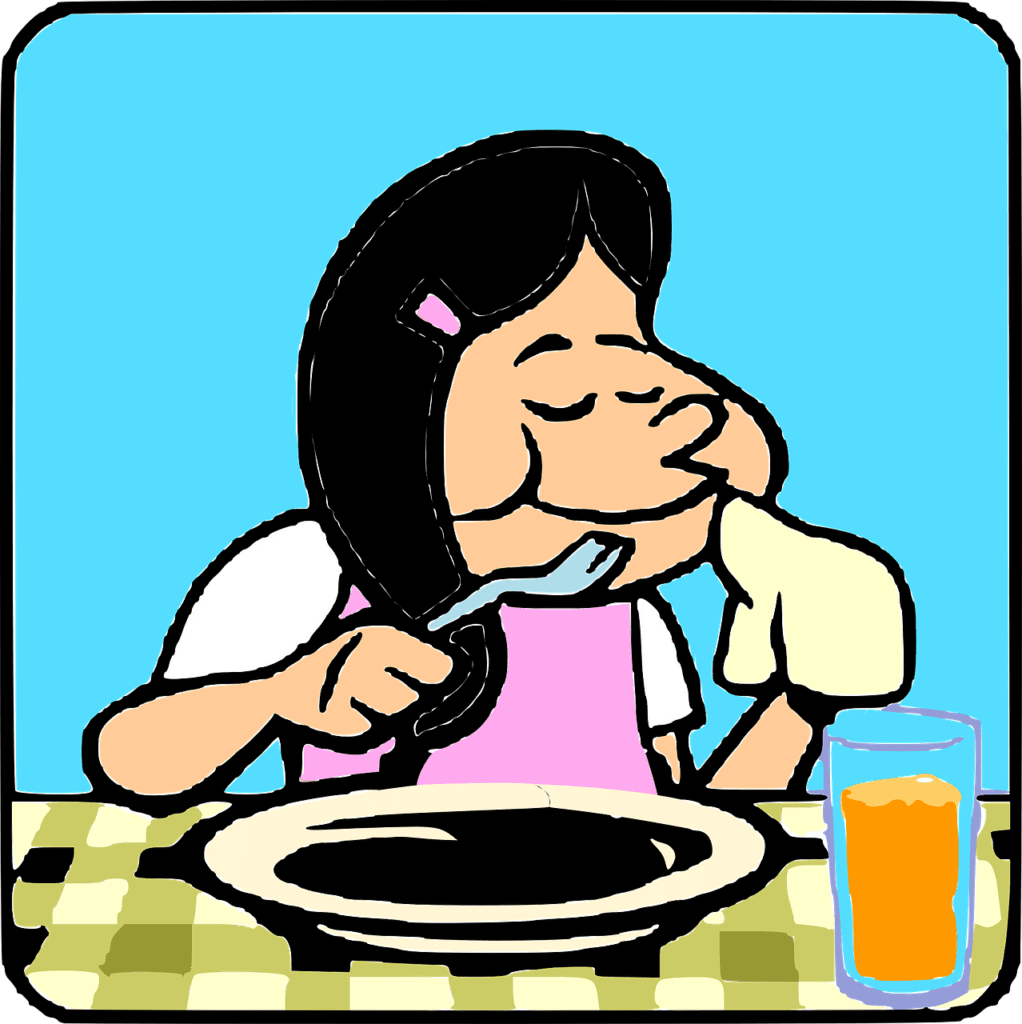
Food is one of the basic needs to have a healthy lifestyle. Life without food is tough and you will have no energy to perform daily chores. Food taken in adequate quantities can be very helpful to lead a happy life. People work hard and earn good money to have a good lifestyle and eat good food. But when this food, when taken in excess quantities or inadequately, can send an invitation to a new illness called ‘Eating Disorder
Eating Disorder is faced by a lot of teenagers aged from 14 years up to adolescence. It is very sad to see people overeating if they see any downfall in their life.

During their teenage children love junk food like burgers, pizzas, street food, and chocolates. Their taste pallets become addicted to these unhealthy foods and they don’t limit their binging over them.
Groups that are facing Eating disorders feel food is the only friend that will never leave them, just like a wedding that will last forever. But this overeating can be also to get rid of the frustration that is already in their mind. They give them a sense of relief and protection and give them happiness. They release their happy and sad moments over food.
But due to this intense and uncontrolled eating of unhealthy food, a person can fall prey to serious illnesses like obesity, cholesterol, heart attack, cardiac arrest, and other problems related to body fatigue and tiredness.
Binge eating is not only done to overcome your irritation but it can also be done to reduce your fear about something, to control your nervousness, loss of someone close to you, child abuse or domestic violence, and also if bullied for your body weight. All these emotions make you feel unworthy of yourself and you tend to overeat to relax more.
After overeating like having 2 large pizzas at a time people fear gaining weight. They suddenly feel image conscious and take some steps that are more dangerous than binge eating.
List of traumatic steps taken for Weight loss
- Restrictive eating
- Fasting
- Rigorous exercise
- Undergoing Liquid Diet
- Medications
- Anorexia Nervosa
- Surgeries or operation
- Bulimia Nervosa
Restrictive Eating
A person who is dedicated to losing weight often feels food is the major cause of his weight gain. Their brain says if they have large portions of food they will definitely gain weight. With their wrong thinking, they take this adverse step of restrictive eating.

They starve over their cravings for water and go to sleep. They of course feel hungry but they avoid that thought and divert their minds every time.
It is not recommended by dieticians to restrict your food intake during dieting.
‘Half Knowledge is Dangerous’
Fasting
During weight loss, people fast for at least 12 hours during the day. But due to this, they tend to overeat at night times. It’s been said by Adelle Davis‘ Eat Breakfast like King, Lunch like a Prince, and Dinner like a Pauper’.
Fasting doesn’t reduce body weight but creates more gases in the body leading to hyperacidity and headache. It can also result in abdomen pain and fatigue. In most likely cases a person can also collapse and fall unconscious.
‘Work hard to achieve the impossible, shortcuts will have potholes at the end’.
Rigorous exercise
People during weight loss can intake a lot of black coffees and supplements so as to boost their ability to do crazy exercise. Exercise is an activity to release stress, stretch your body, and relax your mind.

But during this phase, a person does exercises, day and night along with rigorous dieting. Their mindset works as this is the ultimate resort to get rid of this uncontrolled diet.
Undergoing Liquid Diet
There is a certain group of people who believe only liquid intake will help them reduce their weight faster. This is also a myth as the liquid can be easily digested through urine leaving behind no energy to carry out daily tasks.
A liquid diet can be done only once a week with healthy options like Mixed Fruit smoothies, vegetable soup, milk, Fruit juice, etc. But this diet cannot be done for a longer period of time.
Medications
People are helpless when their body weight is not reducing, they fall prey to medicines that would help in weight loss in an unhealthy way. These medications are not recommended by any medical practitioner. People see some advertisements and with the intention to lose weight, they get attracted to them.

Medications can have side effects on your body and will damage major of your body parts permanently. Even if you are taking any supplements for a longer period of time, it is likely to leave a negative impact on your body and heart.
People who go to the gym and consume protein are most likely to get heart attacks, according to a study.
Anorexia Nervosa
It is a medical condition in which a person loves eating his favorite food but at the same time, he is nervous and feels guilty about eating it.
This is a serious medical condition in which physiologically you feel about the weight gain which will not happen immediately.
It basically affects your mind and way of thinking that you start counting calories while eating every bite. They also start demotivating the people around them by claiming they are having unhealthy food. So this instance shows they don’t create this phenomenon about themselves but also about others who want to lead a normal life.
Surgeries or operation
It is very sad to hear about people undergoing surgeries for weight loss. It is very unhealthy and risky too as it may also take someone’s life. Losing weight is a much-underrated topic that people don’t speak about much and educate society about it. Losing weight has to be done healthily under the guidance of a nutritionist or a dietician.

Surgery is the riskiest step to remove fats from your body as they may have an adverse effect on other body parts.
Bulimia Nervosa
This is another medical condition in which you binge eat your favorite food item and then take adverse steps to reduce body weight. This is the most important and life-threatening condition in which a person can go to any level to achieve it.
A person in this medical condition can do deliberate vomiting (purging) to remove excess food from their body. They just want to feel the flavor of their favorite food.
In order to maintain Self-Image, our body experiences many other severe illnesses.
Adverse problems arising after extreme weight loss
- Loss of appetite
- Malnutrition
- Slow Heart rates
- Low Blood pressure
- Enormous dehydration
- Anemia
- Kidney/Liver dysfunction
- Inflammation of pancreas
- Increased chances for heart attacks and cardiac arrest.
- Imbalance of hormonal cycle in females causing irregular periods.
- Gastro problems
- Rotting teeth
- Unhealthy skin and hair
- Frequent Bruises
- Frequently falling unconscious because of low energy or low sugar level.
Treatment to eliminate eating disorders from a person’s life
It is very important for a parent or near one to keep a close eye if someone is undergoing an eating disorder or losing weight unhealthily. You need to make them understand and convince them to see a nutritionist or dietician.
They can be treated by the following methods:
- Diet chart
- CBT E
- IPT
Diet Chart
By visiting a proper dietician or nutritionist, they analyze your body properly by examining it through various tests. As a result, they study your Body metabolism and various other parameters that will help you to lose weight faster.

On the basis of the above study, they write a diet chart that needs to be followed for a month and after seeing positive or negative changes in the body they alter the chart on the next follow-up.
CBT E
It stands for Enhanced Cognitive behavioral therapy where they understand the mindset of a patient and then tries to educate them with their positive thoughts. Basically, they understand the sufferings of patients during their weight loss journeys from their point of view.

This therapy is very effective and would encourage the patients to believe in losing wealth in a healthy way.
IPT
It stands for Interpersonal Psychotherapy which treats the symptoms of a particular situation. It is a lengthy process of about ‘12-16 weeks’. They have an approach while treating patients. They divide the patient’s situation into 3 phases ‘ beginning, middle, and end’.
They look at the root cause, understand their journey, and then analyze the situation in a way it can be ended forever.



